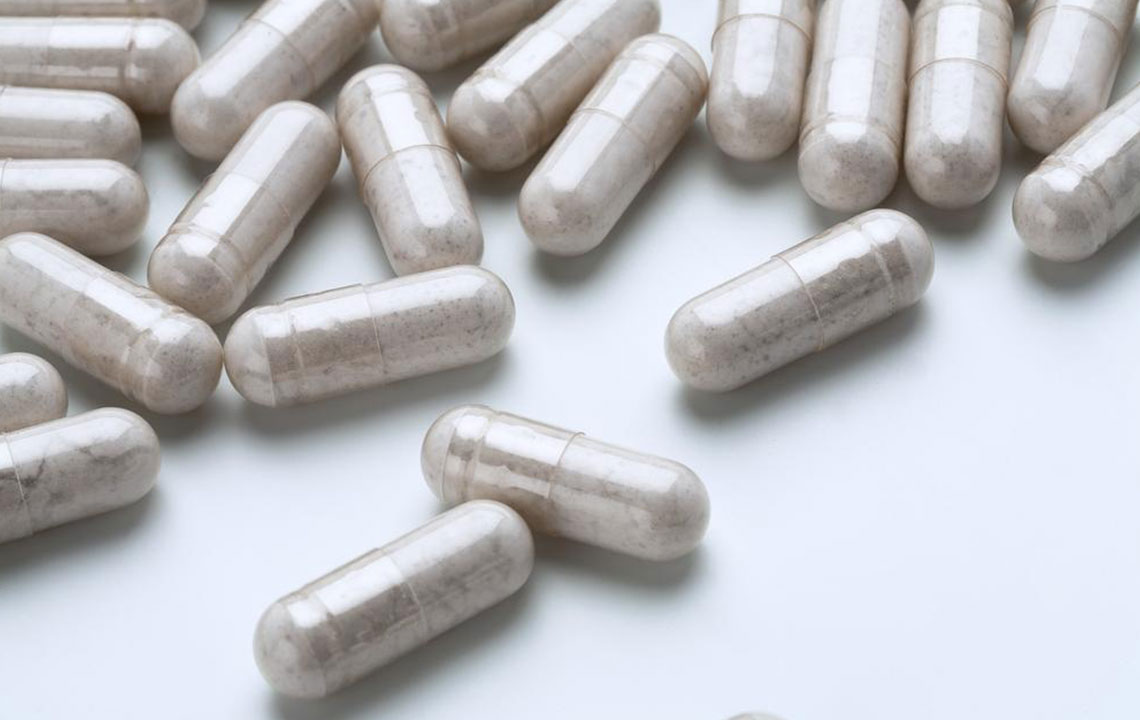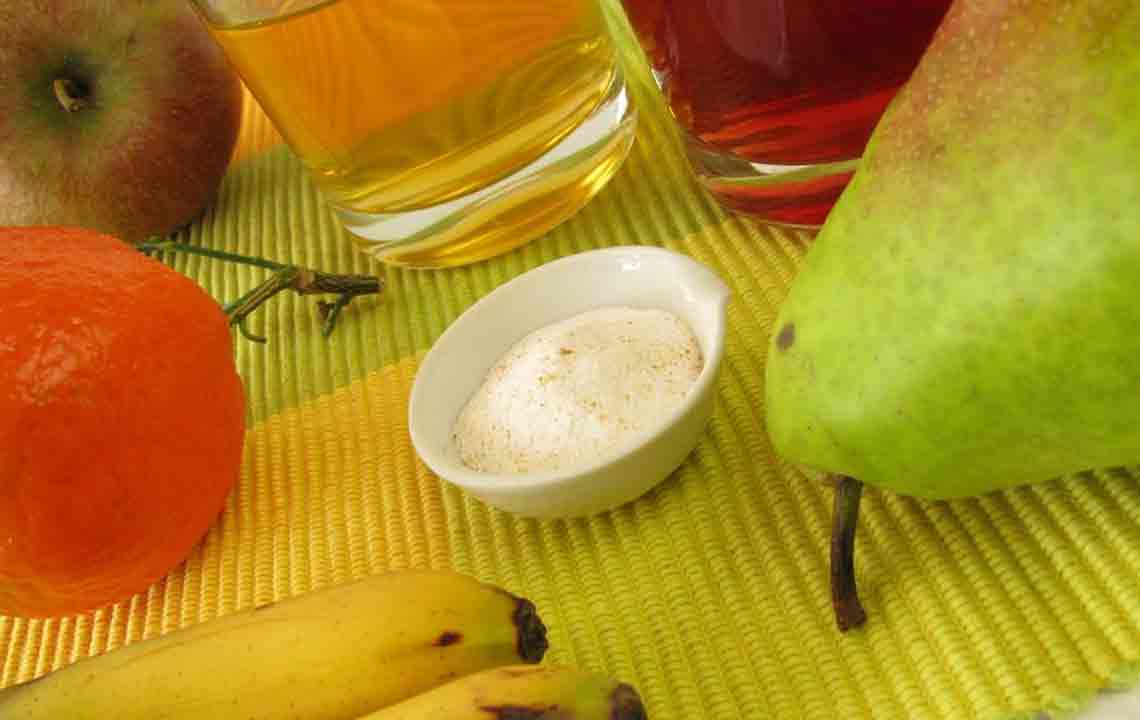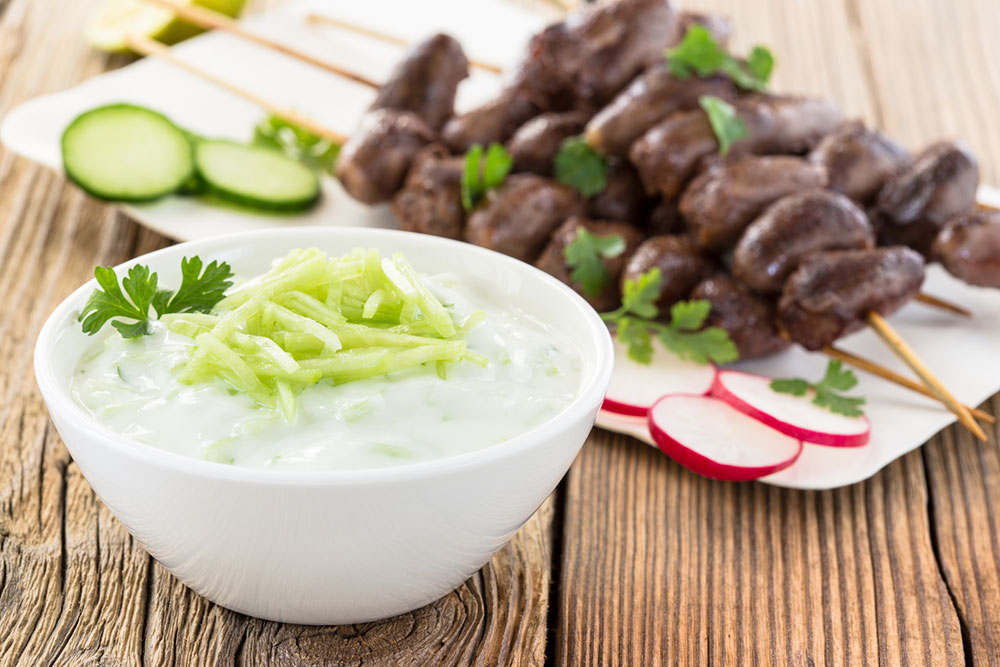Comprehensive Guide to Probiotics: Discover Their Health Benefits and Optimal Usage Strategies
This comprehensive guide explores the benefits, types, and usage tips for probiotics, highlighting their crucial role in supporting gut health, immunity, and overall well-being. Learn how to incorporate probiotics into your diet safely and effectively for optimal health benefits.

Comprehensive Guide to Probiotics: Discover Their Health Benefits and Optimal Usage Strategies
Probiotics are live beneficial microorganisms that have garnered widespread attention for their profound positive effects on human health. While there is some misconception surrounding these tiny helpers, they play a crucial role in supporting digestive health, strengthening the immune system, and maintaining overall well-being. These friendly bacteria and yeasts naturally inhabit our bodies and are also found in various foods and dietary supplements. Their ability to restore and maintain a healthy gut flora has made them a focus of scientific research and a popular health supplement worldwide.
Since the advent of modern probiotic research in the 1990s, scientists have uncovered many valuable insights into how these microorganisms influence human health. Although the complete mechanisms remain under investigation, it is well established that probiotics contribute significantly to balancing gut microbiota, which in turn impacts digestion, immunity, and even mental health.
Different Types of Probiotics and Their Functions
Lactobacillus: Commonly found in fermented foods such as yogurt, kefir, and sauerkraut, Lactobacillus strains are known for aiding in the treatment of diarrhea, enhancing lactose digestion, and promoting intestinal health.
Bifidobacterium: Predominantly present in dairy products, Bifidobacterium species are effective in alleviating symptoms associated with irritable bowel syndrome (IBS), reducing inflammation, and supporting immune function.
Probiotics exert a wide range of benefits on the digestive system. They facilitate the smooth movement of food through the gastrointestinal tract, improve nutrient absorption, and help prevent or manage gastrointestinal disorders such as inflammatory bowel disease (IBD), infectious diarrhea, and antibiotic-related diarrhea. Beyond the gut, probiotics are believed to have positive effects on skin health, including the reduction of eczema and allergies, as well as supporting oral health by reducing pathogens in the mouth.
Since many probiotic foods and supplements are categorized as food products, they are generally considered safe for consumption. However, individuals with compromised immune systems, severe underlying health conditions, or those undergoing medical treatments should consult healthcare providers before incorporating probiotics into their routine. Mild side effects, though rare, can include gastrointestinal symptoms such as gas, bloating, diarrhea, or allergic responses.
Enhancing your diet with probiotic-rich foods is an effective way to promote gut health. Practical options include apple cider vinegar, fermented vegetables like kimchi and sauerkraut, plain yogurt, goat milk, and raw, unpasteurized cheese. When selecting probiotic supplements, prioritize reputable brands that specify high colony-forming units (CFU), typically ranging from 15 to 100 billion per dose. Additionally, choose products containing multiple strains—preferably 10 to 30 varieties—and strains known for high survivability, such as Bacillus coagulans and various Lactobacillus and Bifidobacterium strains.
The global market for probiotics has seen exponential growth over the past decade. From 2010 to 2014 alone, sales increased by approximately 35%, surpassing $31 billion. Awareness and acceptance are particularly high in regions like Eastern Europe, Asia-Pacific, and Latin America, underscoring the widespread recognition of probiotics' role in modern health management and preventive care.
In conclusion, probiotics are a vital component of a balanced diet and a promising avenue for maintaining long-term health. As ongoing research continues to shed light on their mechanisms, incorporating probiotic-rich foods and supplements into your daily routine can offer numerous potential health benefits, contributing to a healthier, more resilient body.





